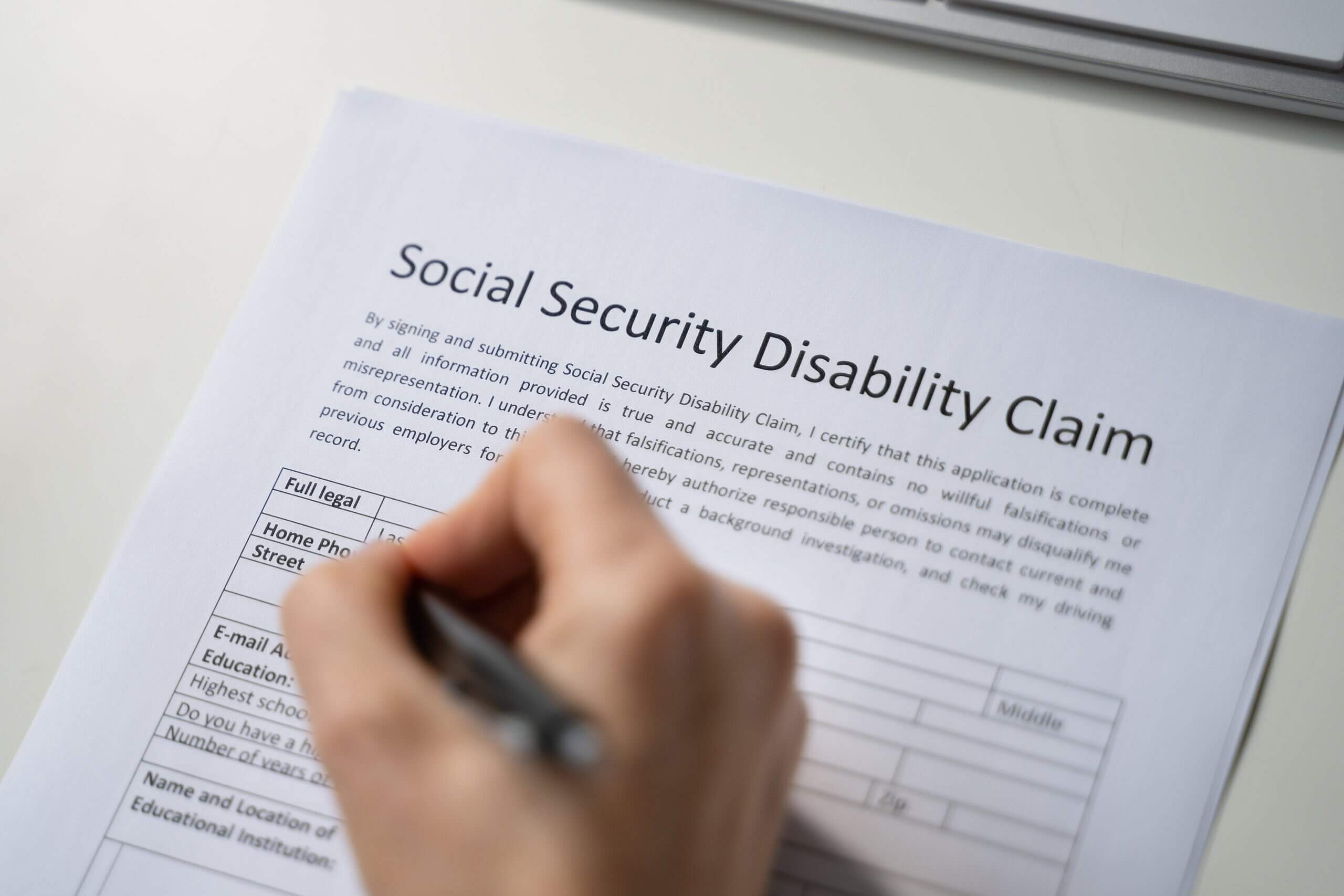Workers over 50 who become disabled may wonder whether they can file for SSDI benefits despite nearing retirement age. You might be asking, do people 50 and older qualify for these crucial benefits? Here, we’ll describe this issue. If you have any further questions, reach out to an experienced Michigan SSDI attorney.
When Do SSDI Benefits Start?
When your SSDI benefits start depends on numerous factors. While a Michigan SSDI lawyer can give you more information about your specific case, here are the answers to some frequently asked questions about the timing of your SSDI benefits and what you need to know about.
Is There a Waiting Period for SSDI Benefits?
In most cases, approved applicants must wait five months before receiving SSDI benefits, with the first benefit payment coming in the sixth month after the applicant’s date of entitlement. The date of entitlement is tricky to explain in just a few sentences, but an experienced disability attorney can help you understand what that date would be in your case.
Generally, an applicant is able to receive benefits as far back as one year prior to when they were found to be disabled – or the alleged onset date – but this is limited by other factors, including when the application was filed and if there were any other claims that could be re-opened for an earlier date of entitlement and additional back-pay benefits.
How Long Does It Take to Get SSDI Benefits After Applying?
According to the Social Security Administration, the approval process for SSDI takes about three to five months, but this timeframe has been known to vary widely, especially considering backlogs that the government normally has to work through. However, the process may take longer depending on the evidence needed to render a decision and whether your case needs to be appealed after a denial.
You may be able to expedite your claim depending on your situation, including whether you have evidence of significant hardship, a wounded warrior, or a terminal condition. You will want to provide as much detailed information and evidence as possible to support this. Further, it can be easier for an applicant who is over the age of 50 to be approved quicker under the Medical-Vocational Rules.
How Is SSDI After 50 Determined?
The Social Security Administration will decide whether an applicant has a qualifying disability through a five-step process:
- Step 1: Work Activity – First, a reviewer will examine whether you still perform enough work to meet the threshold for substantial gainful activity, defined as earning a certain amount of monthly income that is adjusted each year.
- Step 2: Severity of Your Medical Condition – The reviewer will examine medical records and testimony to determine if your medical condition significantly limits your ability to perform basic work activities and if the condition has lasted or will last for at least 12 months or will likely result in death.
- Step 3: Listing of Impairments – The Social Security Administration maintains a list of medical impairments considered severe enough to disable a person from substantial gainful activity. When an applicant has a condition on the list or a condition of equivalent severity, the applicant will qualify as disabled.
- Step 4: Ability to Do Past Relevant Work – If an applicant does not have a listed or equivalent impairment, the examiner will evaluate whether the applicant’s condition prevents them from doing any of their past work.
- Step 5: Ability to Do Other Types of Work – The examiner will also consider whether the applicant can do any other work, given their education, training, work experience, and age.
What Rules Do You Need to Know to Apply for Disability After 50?
One of the most important factors the SSA considers, especially for applicants over the age 50, is whether you can perform previous work or adjust to new work. The SSA uses residual functional capacity (RFC) to evaluate the strength-related work you can perform, which is divided into four categories:
- Sedentary – No lifting more than 10 pounds, and essentially a seated job for the majority of the day
- Light – Lifting of ten pounds or less frequently and occasional lifting of no more than 20 pounds
- Medium – Lifting of 25 pounds frequently and occasional lifting of 50 pounds
- Heavy – Lifting of more than 50 pounds frequently
Generally, the less physically demanding work that the applicant has performed over the past 15 years, the more likely they will be eligible for disability after age 50. The SSA treats older workers more favorably when considering the RFC score because it acknowledges that adjusting to a new type of work may be more difficult for older workers. As a person ages, they may qualify for disability benefits even as their ability to perform work, or their RFC, is above sedentary.
Are There Special Rules for Workers Over 50 Who Are Applying for Disability Benefits?
Applicants older than 50 may have a clearer path to proving they suffer from a qualifying medical condition and qualifying for disability benefits. The SSA also accounts for the fact that older workers would have a harder time than younger people competing in the job market if they transitioned to a new line of work. The special rules that apply for SSD applicants are called the Medical-Vocational Rules (MVR). The MVRs can seem daunting and complicated, but an experienced disability attorney can help you understand them and know how to apply them in your case.
Is There a Social Security Disability Review After Age 50?
The SSA may continue to conduct disability reviews for any SSDI recipients, including individuals over the age of 50. Reviews generally occur every six to 18 months for expected medical improvement, every three years for possible medical improvement, and every seven years when a recipient is not expected to medically improve. However, in most cases, the SSA will not conduct disability reviews more often than every seven years for recipients aged 55 and older.
Contact Our Michigan SSDI Lawyers Today
Are you 50 or older and interested in pursuing SSDI benefits? The last thing you should worry about is how to understand and navigate the SSD process on your own. Contact Disability Law Group today for a free, no-obligation consultation with a Michigan SSDI attorney about your eligibility today. At DLG, disability is all we do, and to us, every client matters.








